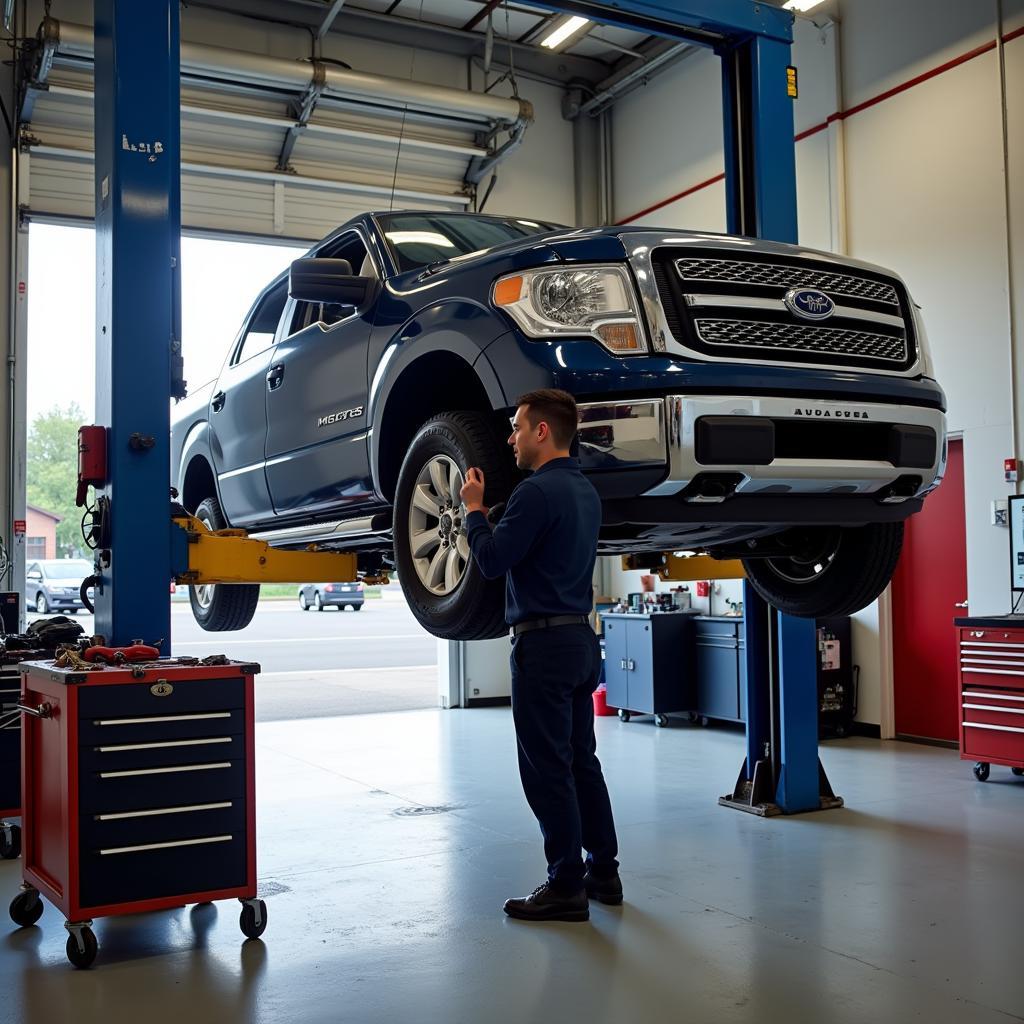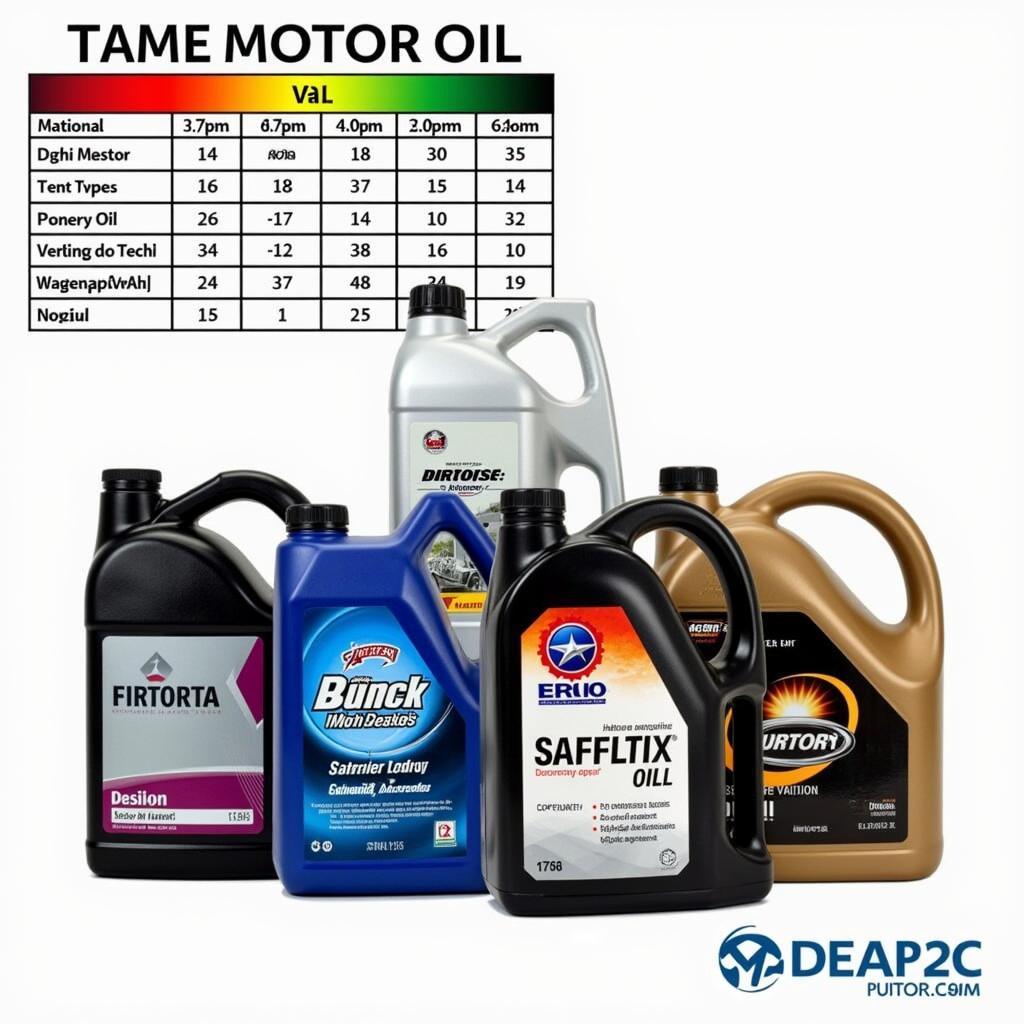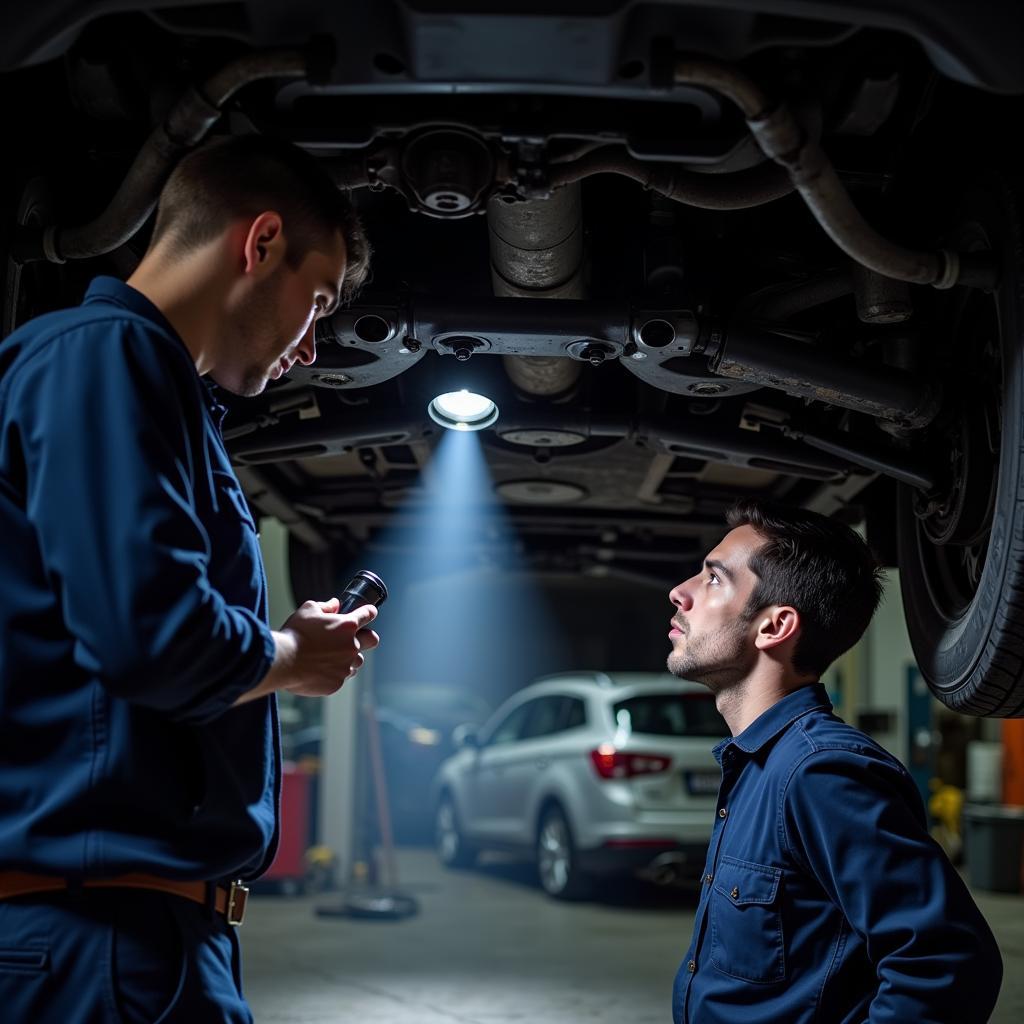When Does Your Car Need Service? A Comprehensive Guide
Maintaining your car is crucial for safety, performance, and longevity. Knowing when your car needs service can save you money on costly repairs down the line and ensure a smooth, reliable ride. But with so much information available, understanding your car’s specific service needs can be challenging. This guide will help you decipher the signals your car is sending and provide a comprehensive overview of car maintenance schedules.
Do you know how often your car needs major maintenance? Check out our guide on how often does a car need a major service to learn more.
Understanding Your Car’s Service Intervals
Modern vehicles often come equipped with sophisticated onboard computers that monitor various systems and alert you when service is required. However, relying solely on these alerts isn’t always enough. Understanding the different types of services and their recommended intervals is essential. These intervals are typically categorized as minor and major services.
Minor Services: Regular Check-ups for Optimal Performance
Minor services are generally recommended every 6,000-12,000 miles or every 6-12 months, whichever comes first. These services focus on routine checks and replacements, ensuring your car runs smoothly. Typical tasks include:
- Oil and filter change
- Checking fluid levels (brake fluid, coolant, power steering fluid)
- Tire rotation and pressure check
- Brake inspection
- Air filter replacement
Major Services: In-Depth Maintenance for Long-Term Health
Major services are more comprehensive and typically scheduled every 24,000-36,000 miles or every 2-3 years. These services delve deeper into your car’s systems, addressing potential issues before they become major problems. Common tasks in a major service include:
- Replacing spark plugs
- Checking and adjusting the timing belt
- Inspecting suspension components
- Flushing and replacing transmission fluid
- Thoroughly inspecting the entire vehicle
 Car Undergoing Major Service
Car Undergoing Major Service
Recognizing the Signs Your Car Needs Service
Beyond scheduled maintenance, your car often communicates its needs through various signs. Being attentive to these signals can help you address potential problems early on. Here are some common indicators:
- Unusual noises: Screeching, grinding, knocking, or clicking sounds can indicate issues with brakes, suspension, or the engine.
- Warning lights: Pay attention to any illuminated warning lights on your dashboard, such as the check engine light or the oil pressure light.
- Fluid leaks: Check your parking spot for any signs of fluid leaks. Different colored fluids can indicate different problems.
- Performance changes: Decreased fuel efficiency, sluggish acceleration, or difficulty starting can signal underlying issues.
- Vibrations: Unusual vibrations in the steering wheel, pedals, or the car itself can point to problems with tires, brakes, or suspension.
For a more in-depth understanding of the specific service your car may require, you can find more information at what kind of service does my car need.
Factors Influencing Service Intervals
Several factors can affect how often your car needs service. Driving conditions, climate, and driving habits all play a role. For instance, frequent stop-and-go city driving or driving in extreme temperatures can put more stress on your vehicle, requiring more frequent maintenance.
Quote from John Miller, Certified Master Mechanic: “Regular maintenance is like preventative medicine for your car. Addressing small issues early on can prevent them from becoming major, expensive problems down the road.”
If you’re unsure about when your car needs its next MOT and service, our dedicated guide on when does my car need mot and service can provide further clarification.
The Importance of Following a Service Schedule
Adhering to a regular service schedule is essential for maximizing your car’s lifespan and ensuring its reliability. Regular maintenance can also improve fuel efficiency, enhance performance, and maintain your car’s resale value.
Quote from Sarah Johnson, Automotive Engineer: “A well-maintained car is a safer car. Regular service checks ensure all safety systems are functioning correctly, minimizing the risk of accidents.”
Thinking about starting a car wash business? Check out our article on when does a car wash service need insurance for essential information.
Conclusion
Knowing when your car needs service is crucial for its health and longevity. While your car’s onboard computer can provide some guidance, understanding the different types of services, recognizing warning signs, and considering your driving habits are essential for maintaining your vehicle effectively. By following a regular service schedule and addressing potential problems promptly, you can ensure a safe, reliable, and enjoyable driving experience for years to come. When Does Car Need Service? The answer depends on a combination of factors, and proactive maintenance is always the best approach.
FAQ
- How often should I change my car’s oil? Generally, every 6,000-12,000 miles.
- What does the check engine light mean? It indicates a potential problem with your engine or emissions system.
- How can I tell if my brakes need replacing? Screeching, grinding, or a spongy brake pedal are common signs.
- Why is tire rotation important? It ensures even tire wear, extending their lifespan.
- What is included in a major service? It includes comprehensive checks and replacements, such as spark plugs, timing belt inspection, and fluid changes.
- How can I find a reliable mechanic? Ask for recommendations from friends and family or check online reviews.
- What should I do if my car is leaking fluid? Identify the type of fluid and take your car to a mechanic as soon as possible.
Need Assistance? Contact us via WhatsApp: +1(641)206-8880, Email: [email protected] or visit us at 456 Oak Avenue, Miami, FL 33101, USA. Our customer service team is available 24/7.

